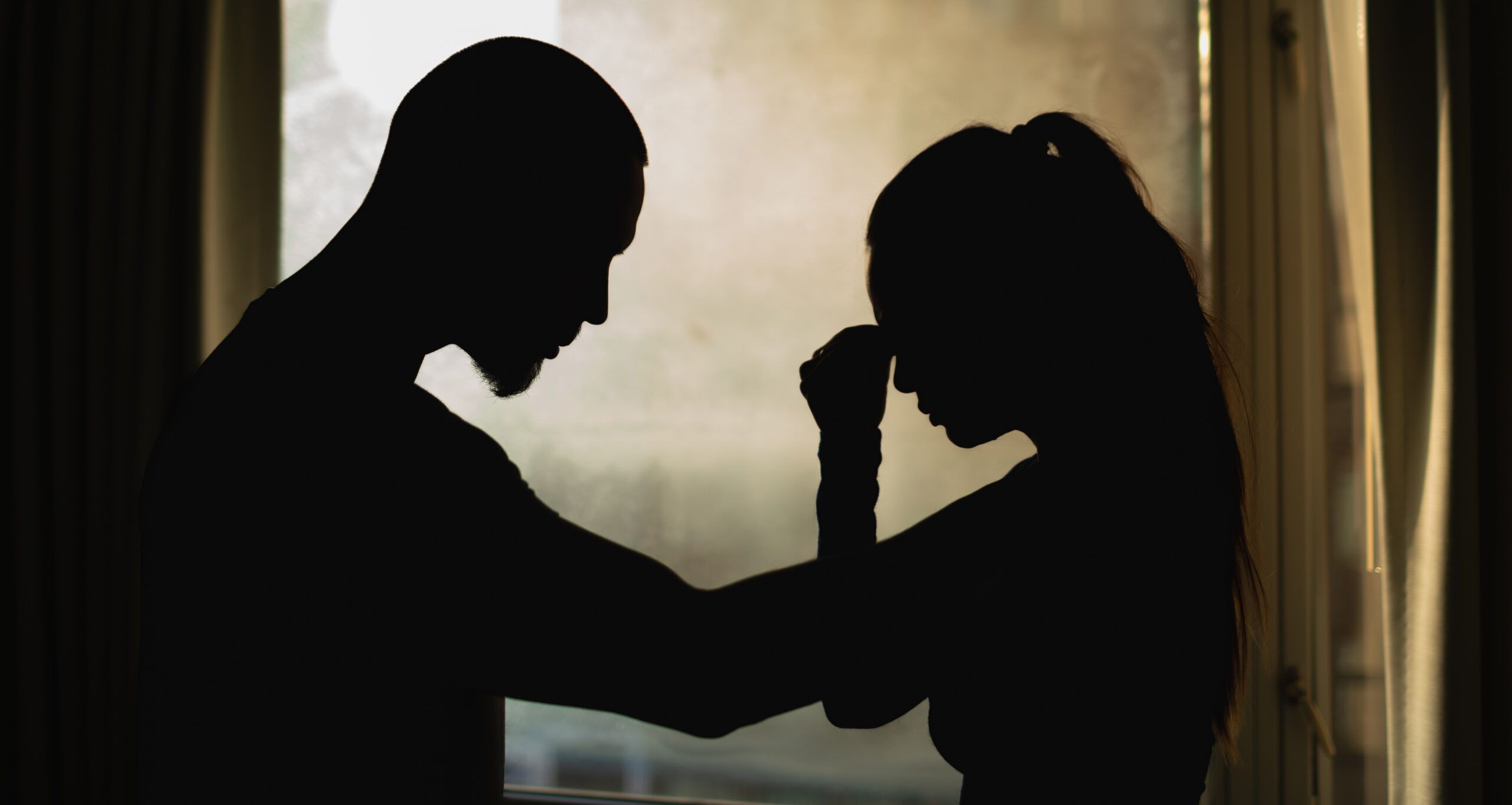Living with a partner’s sexual addiction
Published on March 31, 2025

A tragic byproduct of pursuing relationships in the modern world is that often one or both people will have been affected at some point by compulsive sexual behavior. Whether it’s a dependency on pornography, a history of hookups and promiscuity, or unhampered sexual fantasy, sexual compulsivity can create a barrier to successful, healthy relationships when left unacknowledged and unaddressed.
Not every sexual compulsion or unwanted sexual behavior escalates to the level of an addiction, but with our unfettered access to explicit content and opportunities – particularly online – it’s incredibly easy for what we consider simply a “bad habit” to become something we can’t live without. We take these dependencies and yes, addictions, into our everyday lives, however hard we might try to keep them at bay.
Feelings of betrayal
If you find yourself in a relationship where you suspect sexual addiction is present, you might feel blindsided, powerless, and betrayed. Maybe you’ve tried to have open discussions with your partner, only to be met with avoidance; or perhaps they’ve been honest, but their efforts at improving are falling flat. Whatever the case, this is not a situation you need to navigate alone – in fact, your well-being and the well-being of your relationship depend on you getting help.
Whatever the case, this is not a situation you need to navigate alone.
Much of your approach to a partner’s sexual addiction is decided by the status of the relationship. Is it new? Are you dating, engaged, or married? How long have you known about the behavior? What has your partner’s recovery looked like up until this point? Is their behavior in the past, or are they struggling in the present? The answers to these questions matter greatly when helping you determine your course of action.
Just dating
First, if you are learning of your partner’s addiction in a new relationship, it’s okay to evaluate whether or not it’s healthy for you to continue in the relationship at the present. Sexual addiction, particularly to common behaviors like porn consumption, is not necessarily a signal to end the relationship. If your partner is committed to getting help and making a stable recovery, the relationship could potentially continue on a very healthy and joyful path. We all have sins, flaws, and habits we want to shake.
If you’re dating or engaged, it’s okay to evaluate whether or not it’s healthy for you to continue in the relationship at the present.
If you’re dating someone who is putting in their best effort to recover, and if he or she is pursuing things like therapy, support groups, and accountability, then your relationship can certainly continue if both of you discern it’s the right time. In these situations, it’s important to seek the counsel of a spiritual director or trusted friends and mentors to help you discern.
Long-term love
If you are in a long-term relationship with someone who is sexually addicted, especially if you are engaged or married, it’s also important to seek professional counsel from a therapist. Learning of a partner or spouse’s sexual addiction can be devastating and create a hazy picture of your future. Again, there is a vast difference between someone committed to long-term recovery and someone who is not, and it’s important to remember that you cannot commit to recovery for your partner.
You cannot commit to recovery for your partner. They must choose it for themselves.
They must choose it for themselves. If they refuse, or continually back out of their commitment to recovery, I recommend seeking more guidance from a priest or faithful therapist on how to proceed, no matter the status of the relationship.
The truth will set you free
You deserve honesty from your partner in the midst of his or her recovery, but you should not become the sole “accountability partner.” Ideally, they find a third person of the same sex with whom they can be radically transparent regarding their behavior.
It’s also important for you to be able to set and communicate boundaries that you need to establish and build trust as they progress in their healing. A therapist can be of massive help in the process of setting those boundaries and acknowledging what you need from the relationship in order for it to be healthy.
Be open with God about any pain and confusion in your heart.
Most of all, if your partner is trying to recover from sexual addiction, he or she needs your prayers – and you need to be able to pour from a full cup. Spend time with the Lord in prayer, asking Him for peace, mercy, and guidance on how to approach this relationship in light of your partner’s struggle. Be open with Him about any pain and confusion in your heart, and ask for His help in being both honest and compassionate as you communicate that pain to your partner. Only He can offer both the encouragement and healing both of you – and all of us –need.
Great news! Rachael put together a list of the best online resources for therapy right here at Refine. Check out her list HERE.



